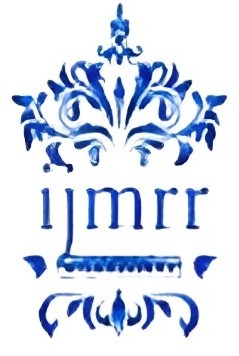COMPARATIVE STUDY OF RABINDRANATH TAGORE AND JEAN-JACQUES ROUSSEAU'S EDUCATIONAL CONTRIBUTIONS
Keywords:
Naturalism, Education, Experiential Learning, Individualism, Spiritual Values.Abstract
This study explores the significant contributions of Rabindranath Tagore and Jean-Jacques Rousseau
to the philosophy of naturalism in education, highlighting their shared emphasis on the role of nature in
facilitating genuine learning experiences. Both thinkers advocate for an educational approach that prioritizes
the innate faculties of children, positioning teachers as facilitators rather than authoritarian figures.
Rousseau’s model, as presented in Emile, emphasizes experiential learning tailored to developmental stages,
while Tagore envisions education as a pathway to international brotherhood and personal growth. Rejecting
traditional schooling, they promote a learning environment akin to the home, fostering exploration and
creativity. Tagore’s integration of spiritual values further broadens the educational framework to include moral
and ethical development. Both educators champion personal diversity and self-expression, offering insights that
remain relevant in contemporary educational discourse. Their collective philosophies underscore the
importance of a naturalistic approach to education, emphasizing the harmonious development of the individual
as a lasting legacy.











